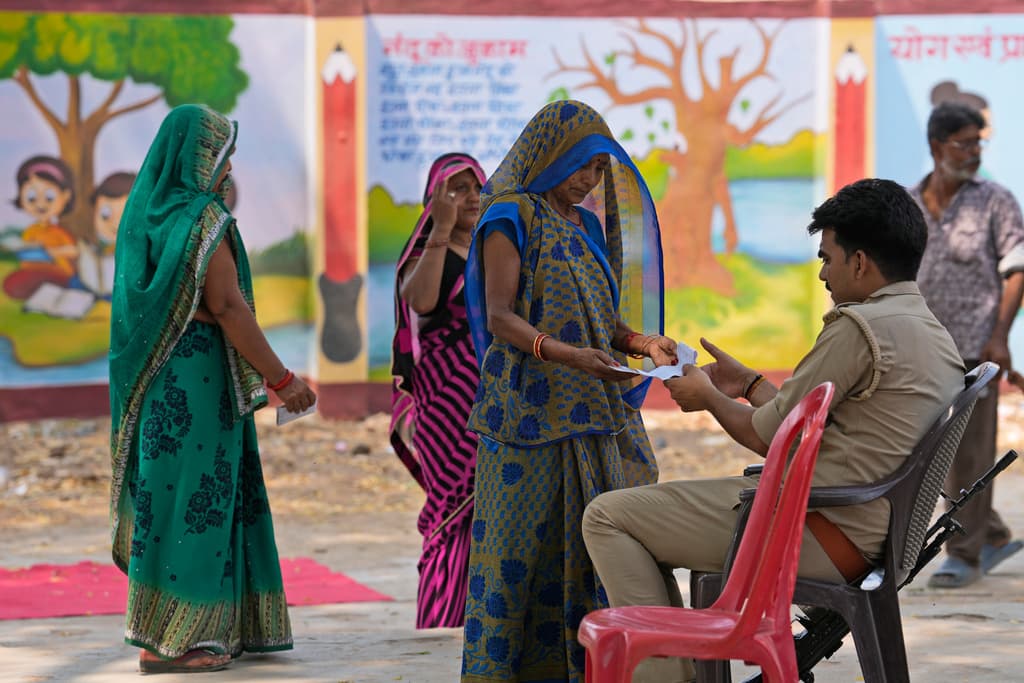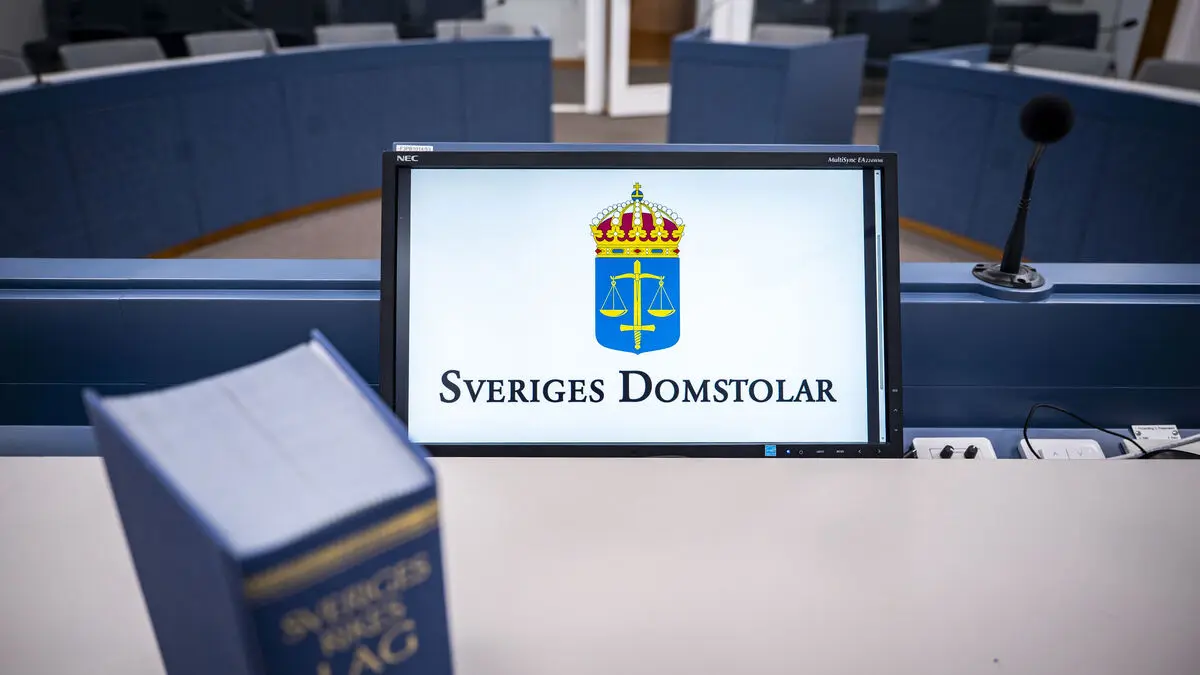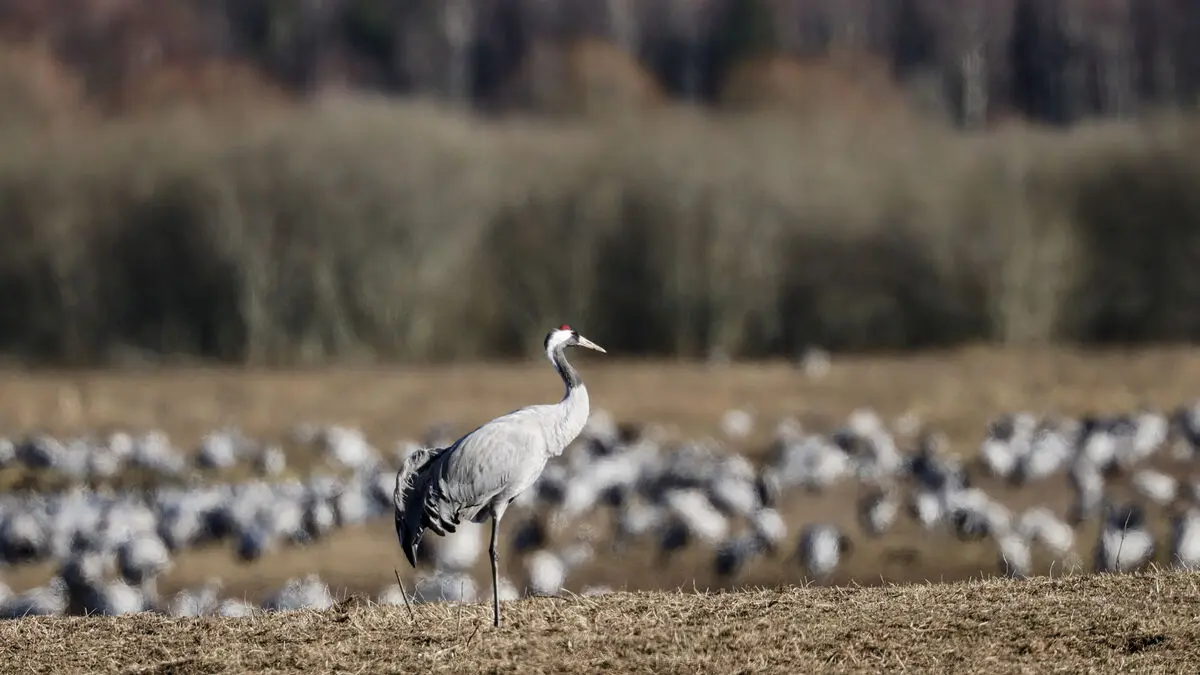During 2024, nearly two billion people around the world will go to the polls. Citizens in around 70 countries, including Bangladesh, Brazil, India, Indonesia, Mexico, Pakistan, Russia, and the USA – which together have over half of the world's population – will vote during the year.
According to a democracy ranking from the Economist Intelligence Unit (EIU), free and independent elections are only held in just over half of the countries.
Not since just before the fall of the Soviet Union has democracy in the world been so weak, and many observers are calling 2024 a fateful year.
So how has it gone?
Not so well, according to David Towriss, an analyst at the International Institute for Democracy and Electoral Assistance (Idea).
Democracy in decline
According to him, signs of democracy being in decline have been seen in several of the elections held so far, such as low voter turnout, harassment of opposition candidates, and disputed election results.
Several trends indicating that the future of democracy is highly uncertain have been reinforced, he says.
He cites Venezuela and Rwanda as examples where opposition candidates have been threatened and harassed, while the regime has full control over the electoral authority.
This affects how citizens view democratic processes. Trust in elections and other democratic processes is decreasing, and it's a pattern we've seen over a longer period.
Voting blank
More and more people are choosing to boycott elections. Voting blank is also a trend that continues, says Towriss.
The election in Iran, which had a historically low voter turnout, is one of the more extreme examples, but it's a global trend we've seen over a longer period, he says.
Few elections outside of Europe have led to a change of power, which is another marker of a well-functioning democracy.
However, there are glimmers of hope, Towriss believes, citing the election in Senegal as a success for democracy.
The courts and civil society prevented the former president from holding onto power. It's very significant both for Senegal and for the entire Sahel region, he says.
In November, the USA will go to the polls, and the outcome will affect the rest of the world, Towriss believes.
Many of the patterns we see in the USA are reflected elsewhere in the world. If, for example, there is a dispute over the election result, it will affect the view of the entire democratic process, he says.
9/7 Algeria, parliament
10/9 Jordan, president
20-21/9 Czech Republic, parliament
21/9 Sri Lanka, president
30/9 Austria, parliament
6/10 Tunisia, president
9/10 Mozambique, president, parliament
13/10 Lithuania, parliament
20/10 Moldova, president
26/10 Georgia, parliament
27/10 Uruguay, president, parliament
27/10 Uzbekistan, parliament
5/11 USA, president, parliament
5/11 Palau, president, parliament
24/11 Guinea-Bissau, parliament
27/11 Namibia, president, parliament
1/12 Romania, president
7/12 Ghana, president, parliament (1st round)
22/12 South Sudan, president
The following countries will hold elections, but the dates have not yet been set: Botswana, Croatia, and Mauritius
Source: The Foreign Policy Institute, TIME






